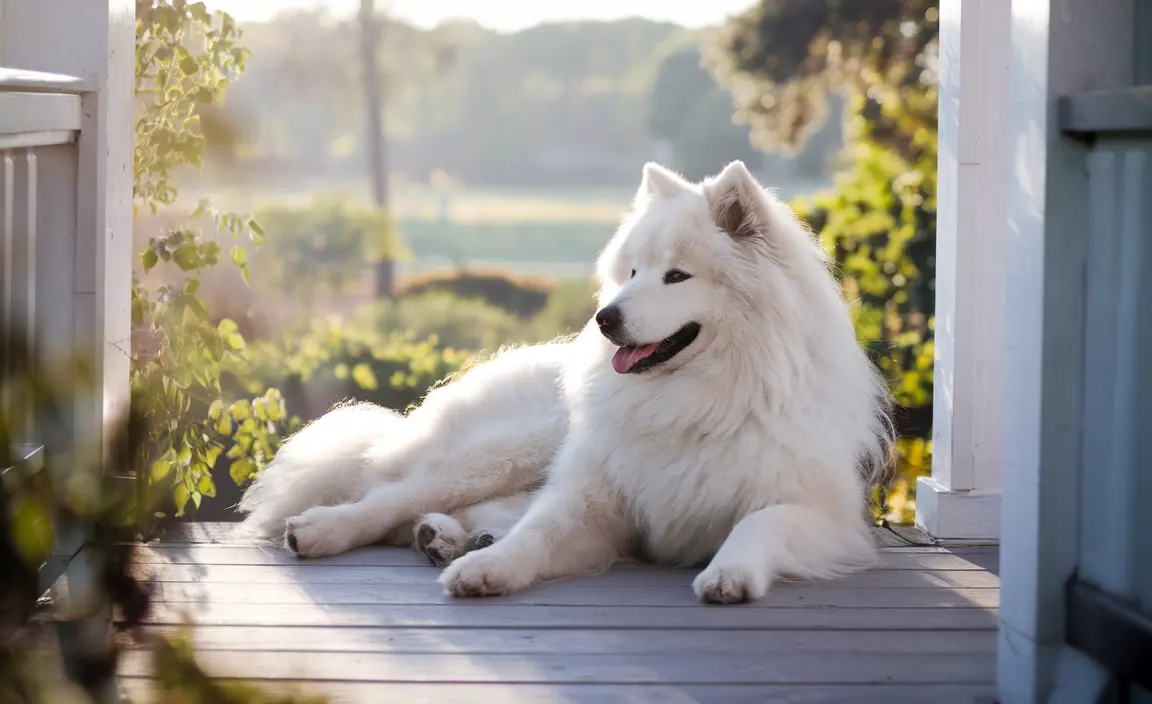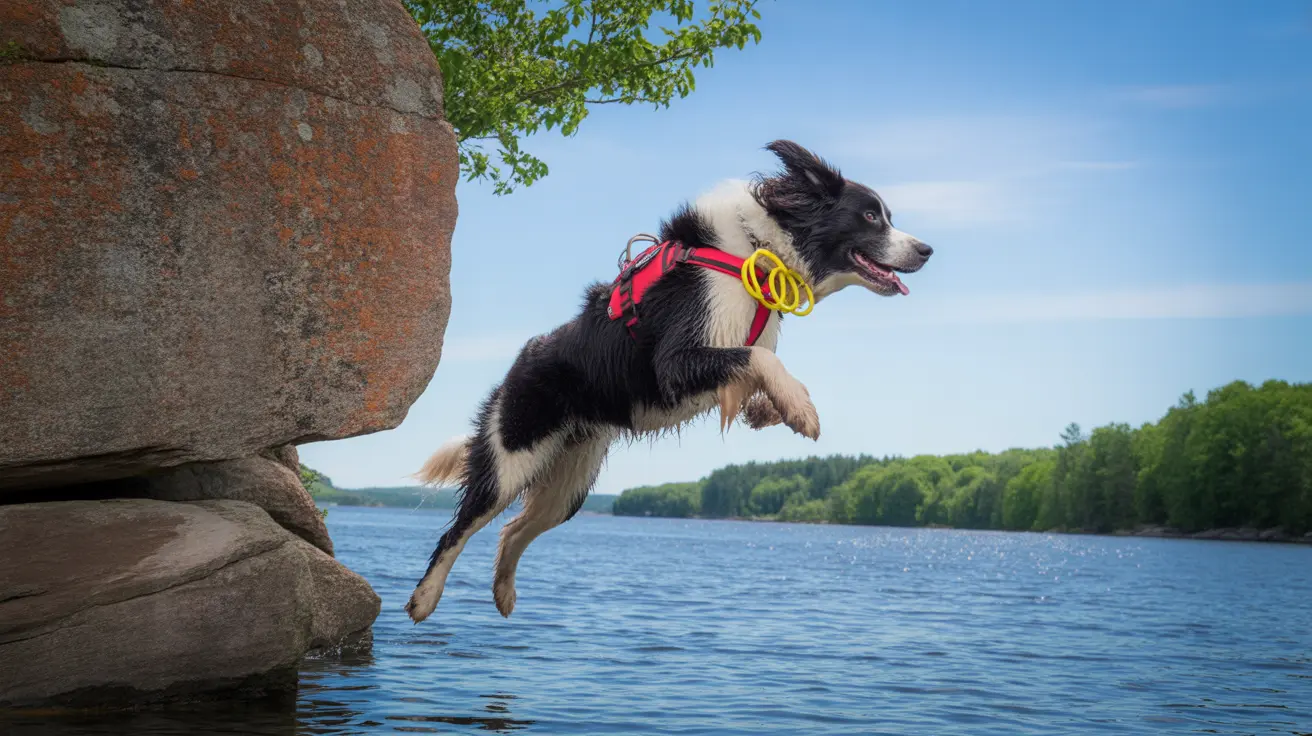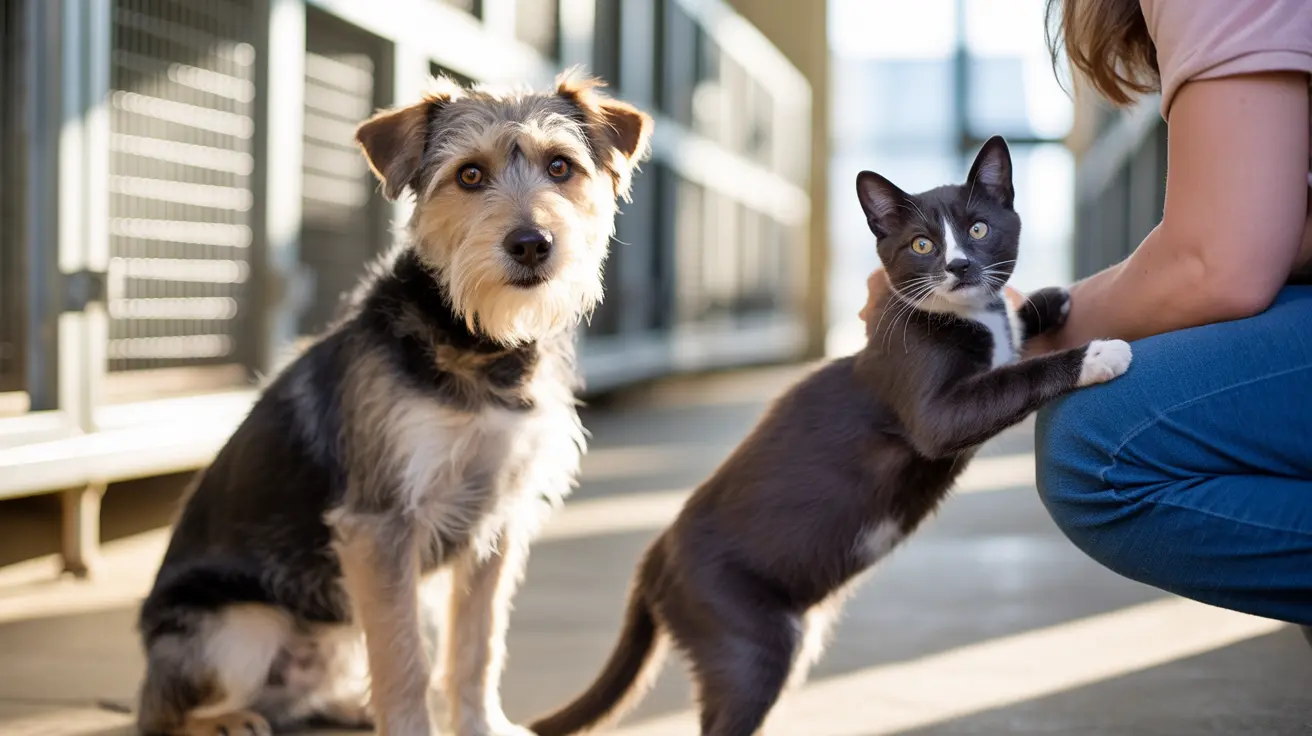Choosing a dog is more than just a purchase—it's an emotional and financial commitment that can span a decade or more. When it comes to expensive dogs, potential pet owners often find themselves wrestling with complex questions about value, cost, and companionship. This guide will explore whether those high-priced pups truly deliver returns beyond their hefty price tags.
Understanding the True Cost of Expensive Dogs
Expensive dogs aren't just about the initial purchase price. These breeds come with a complex financial ecosystem that extends far beyond the first transaction. From specialized breeding to unique healthcare needs, the investment in a high-cost canine companion requires careful consideration.
Breaking Down Purchase and Ongoing Expenses
The financial landscape of expensive dogs is multifaceted. Initial prices can range dramatically—from $2,000 to over $10,000 for rare breeds like Tibetan Mastiffs or Samoyeds. But the real expenses accumulate over time through:
- Premium nutrition requirements
- Specialized grooming
- Potential breed-specific health treatments
- Advanced training needs
- High-quality accessories and care
Health Considerations in Expensive Dog Breeds
Not all costly dogs are created equal when it comes to long-term health. Breeds like English Bulldogs, while expensive, often require frequent veterinary interventions due to genetic predispositions. This means your financial commitment extends well beyond the initial purchase price.
Genetic Health and Veterinary Challenges
Purebred dogs, especially those at the higher end of the price spectrum, can carry significant genetic health risks. Potential owners must factor in potential chronic conditions, specialized medical care, and the emotional toll of managing complex health issues.
Emotional Value vs. Financial Investment
While numbers tell part of the story, the emotional landscape of dog ownership transcends pure financial calculation. Many owners of expensive dogs argue that the unique bond, distinctive personality traits, and companionship justify their substantial investment.
Beyond the Price Tag: Companionship and Connection
Every dog, regardless of cost, has the potential to become an irreplaceable family member. The true value of an expensive dog isn't just about its pedigree or price, but the depth of connection it shares with its human companions.
Ethical Considerations in Dog Ownership
The decision to purchase an expensive dog isn't just financial—it's ethical. Responsible potential owners must weigh the implications of supporting specific breeding practices against the vast number of dogs awaiting adoption in shelters.
Adoption vs. Purchasing: A Moral Perspective
While purebred, expensive dogs have their appeal, many animal welfare advocates emphasize the profound impact of adopting dogs from shelters. These dogs often offer equal—if not greater—love and companionship at a fraction of the cost.
Frequently Asked Questions
What are the most expensive dog breeds to own in 2025?
Top expensive breeds include Tibetan Mastiffs, Samoyeds, Chow Chows, and English Bulldogs, with prices ranging from $4,000 to over $10,000.
Are expensive purebred dogs worth the cost compared to mixed breeds?
The value depends on individual preferences, lifestyle, and specific breed characteristics. Mixed breeds often have fewer health issues and lower maintenance costs.
What health issues make certain dog breeds more expensive to care for?
Breeds like English Bulldogs can have respiratory issues, while large breeds might develop joint problems, necessitating ongoing medical attention.
Should I adopt or buy an expensive purebred dog ethically?
Consider your motivations, local shelter populations, and the potential to provide a loving home to a dog in need versus supporting specific breeding practices.
How much does lifetime care cost for high-end dog breeds?
Lifetime costs can range from $15,000 to $50,000, depending on the breed, health conditions, and quality of care provided.
Ultimately, the "worth" of an expensive dog is a deeply personal calculation that balances financial investment, emotional connection, and individual values. Whether you choose a high-priced purebred or a shelter companion, the most important currency is the love and commitment you bring to the relationship.






